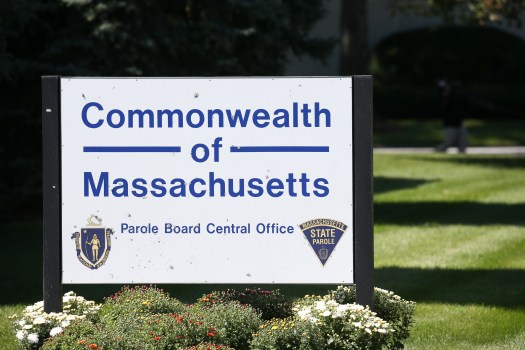When a personal finance website ranked the state as having the best economy, the State House corner office recently had a lot to say about it.
However, Governor Maura Healey has said nothing in response to a domestic research that shows the economic health of Massachusetts in a concerning state.
Healey cited WalletHub’s ranking as evidence of the outstanding companies, academic institutions, and research facilities that propel our innovation economy, as well as the exceptional talent that keeps choosing Massachusetts as a location to advance their careers and futures.
The 50 states and the District of Columbia were ranked according to 28 important measures of economic strength and performance. Each state received a total score, with Massachusetts narrowly winning.
The commonwealth scored strongly in the areas of innovation, health, and economic activity. It has the second-highest number of invention patents per capita, the largest percentage of jobs in high-tech businesses, and the third-highest percentage of STEM professionals.
Although a robust state economy does not ensure success for its citizens, experts told the personal finance website that it does make financial well-being more accessible.
Massachusetts, despite its high ranking, only led the nation in one area: innovation potential. It ranked sixth in economic activity and seventeenth in economic health.
The opinions of people who actually live and work in the state seem to be more in line with another research on its economic sustainability that was published last week.
The Pioneer Institute, a conservative think tank based in Boston, claims that Massachusetts is still experiencing an economic downturn that started in 2020, with the state’s professional, scientific, and technical services sector being particularly hard hit.
Aidan Enright, a Pioneer research associate and the report’s author, stated that Massachusetts’ fading leadership in the professional, scientific, and technical sectors is evident and concerning.
It is the driving force behind the innovation economy in Massachusetts. The state becomes even more susceptible to new federal policy pressures and loses its ability to compete for talent and investment if it continues to ignore long-standing growth impediments like taxes and housing.
According to the research, Massachusetts is still one of the most economically productive states in the union, but within the last five years, the state’s gross state product growth has slowed considerably.
Researchers used information from the Census Bureau and the U.S. Bureau of Economic Analysis.
According to the analysis, despite the slowdown, Massachusetts still has the second-highest real GSP per capita in the nation, with over $90,000 in 2024, behind only New York, because of its concentration of cutting-edge sectors and top-tier universities.
In contrast to past downturns, the current challenges are structural: a severe housing affordability crisis, a weak private sector job growth rate (among the slowest in the nation), a slow permitting process and an aging labor force, and persistent net outmigration, especially among younger and higher-income residents, according to the report.
Jim Stergios, executive director of the Pioneer Institute, stated that the Trump administration’s policies regarding NIH funds and tariffs will significantly hinder Massachusetts’s economic growth. However, our own policies are the ones driving up housing costs and driving out employers and inhabitants.
Massachusetts is likely to stay stuck in a condition of slow economic growth unless it starts mass building houses that the typical worker can afford.












